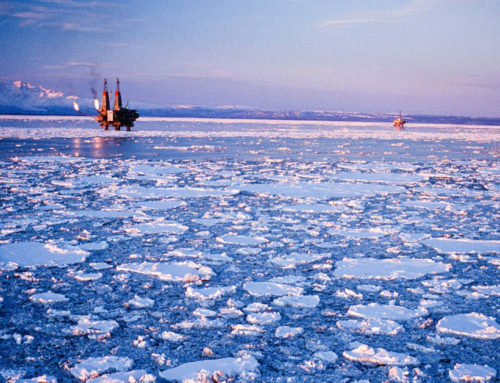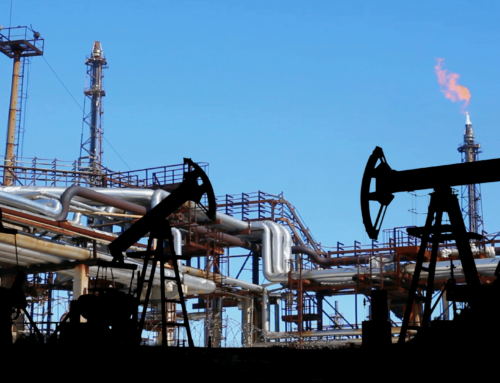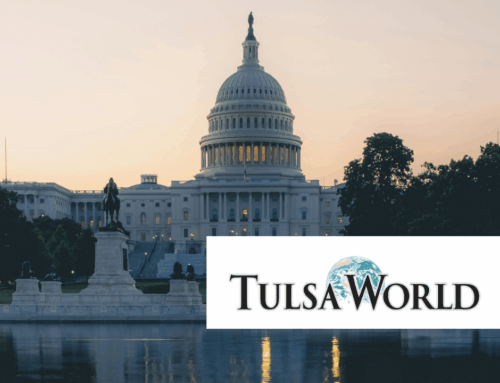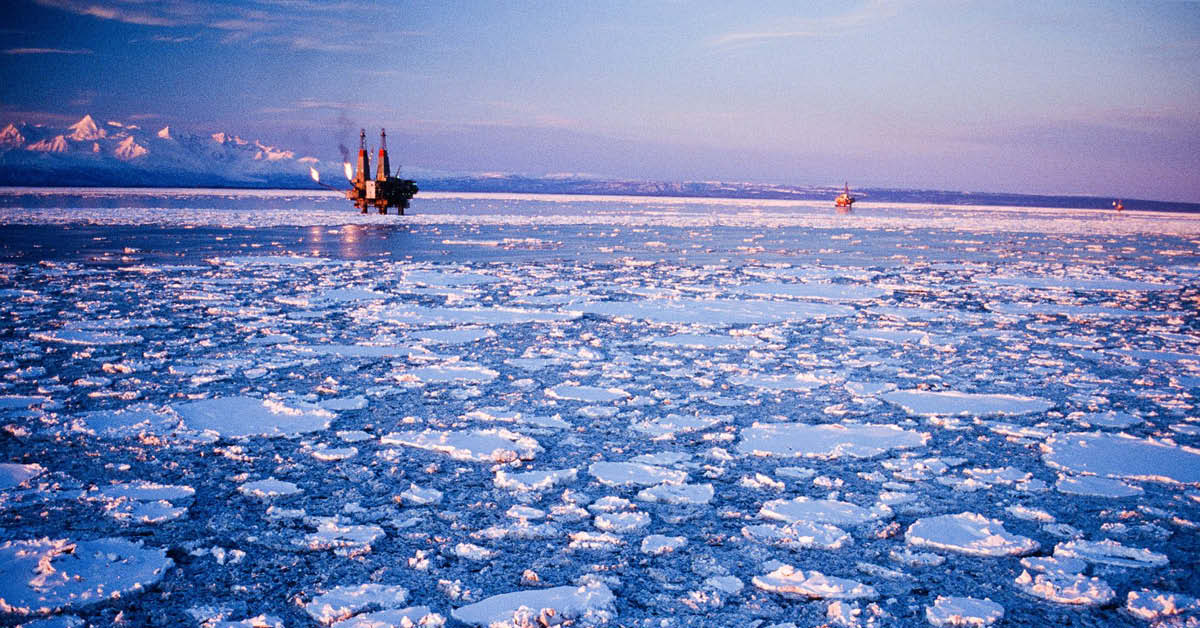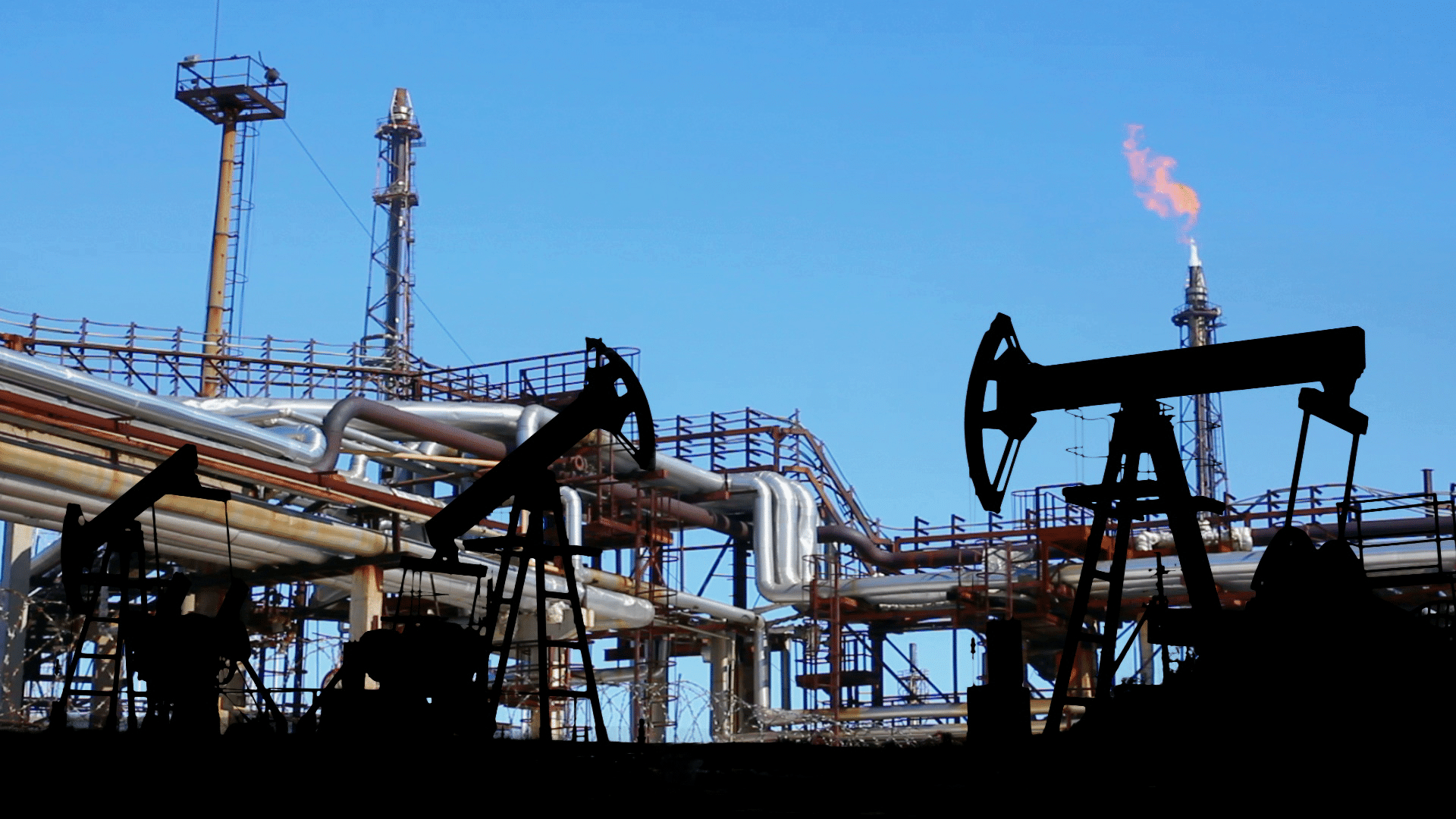The Wyoming Oil & Gas Conservation Commission recently applied for $25 million in federal funds to plug and remediate the approximately 1,300 orphan oil and gas wells on state and private lands. These funds are part of the bipartisan infrastructure package signed into law back in November, which included $4.7 billion American tax dollars to plug and clean up orphan wells nationwide.
These funds will certainly help Wyoming residents living near old and leaking oil and gas infrastructure by exposing them to benzene and other harmful pollutants. And the program will provide jobs to energy workers throughout our state. But the funding also bails out oil and gas companies who were obliged to clean up their own messes but have dodged that responsibility.
Wells become orphaned when companies that have drilled wells and profited from them declare bankruptcy or simply walk away. Unfortunately, this has become standard operating procedure for many in our oil and gas industry. Orphan wells often leak methane and pollute water, threatening people and the environment. For a long time now, Wyomingites have been left holding the bill for such grifter operators throughout the state. We have a long and ugly history of orphaned wells left on our landscape. Most recently, the coal-bed methane boom in the Powder River Basin left thousands of orphan wells and millions of gallons of irresponsibly discharged water – a blight on landowners and on ranchers’ and farmers’ property. And the state inherited a handful of human health and environmental liabilities.
Previous requirements that drillers provide bonds to pay for cleanup if they leave orphan wells have proven inadequate to protect the state and landowners. These requirements need to be strengthened. We need to require adequate bonding for each well at the very beginning — when initial permits to drill are issued — to prevent future wells from being orphaned without funds for cleanup.
Wyoming regulators have recently made great headway on improving our bonding and financial assurance standards that ensure companies clean up their operations after drilling. But our federal government has yet to follow suit. The federal government owns 40.7 million acres of mineral (subsurface) estate in Wyoming. Nearly half of that is under private surface estate. None of these 40.7 million acres are adequately bonded.
Improved bonding is but one small change that needs to be made in the federal oil and gas leasing program if Wyoming is to benefit as we should from development of the vast store of federal minerals in our state. A 2020 Taxpayers for Common Sense study showed Wyoming citizens missed out on more than $4 billion over the last decade because of outdated federal oil and gas leasing policies. These included lowball royalty and rental rates, noncompetitive leasing, and other practices. Reformed federal leasing policies would increase revenue to our state and help fund our public services and educational system when we need it most.
Last November, the Department of Interior released a report that identified multiple reforms to update the federal bonding system and hold oil and gas operators accountable to ensure taxpayers aren’t left holding the bill for their operations. These reforms have not been enacted, so we are still at risk for future avoidance of cleanup responsibilities. But the injection of cash by the bipartisan infrastructure bill does promise to partially pay for industry’s past sins.
The $25 million Wyoming applied for is only a first piece of the pie. The Wyoming BLM office will have the opportunity to apply for more funds to put to use on public and split-estate lands. Let’s urge BLM to put these taxpayer dollars to good use in Wyoming. But let’s also insist that BLM reform federal leasing policy to replace the broken system that has prioritized oil and gas companies over our people, our children, our environment and our government services.
Bob LeResche ran Alaska’s oil and gas leasing program as Commissioner of Natural Resources for that state. He was Executive Director of the Alaska Energy Authority, an investment banker and CEO, and is a member of the Boards of Directors of Powder River Basin Resource Council and the Western Organization of Resource Councils. With his wife Carol he operates a ranch and organic heirloom vegetable farm near Clearmont, Wyoming.


